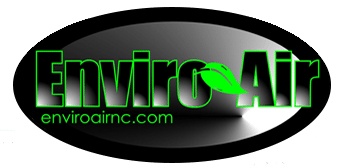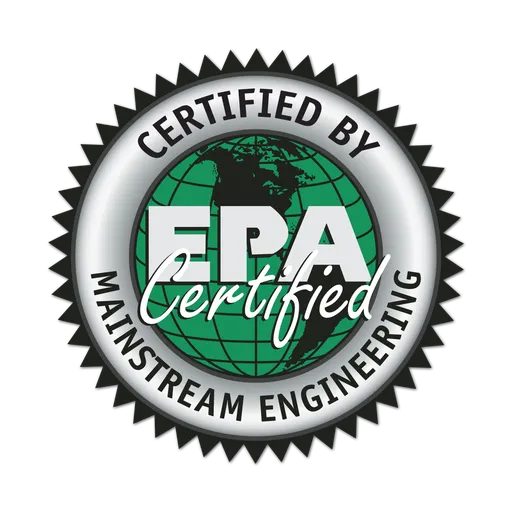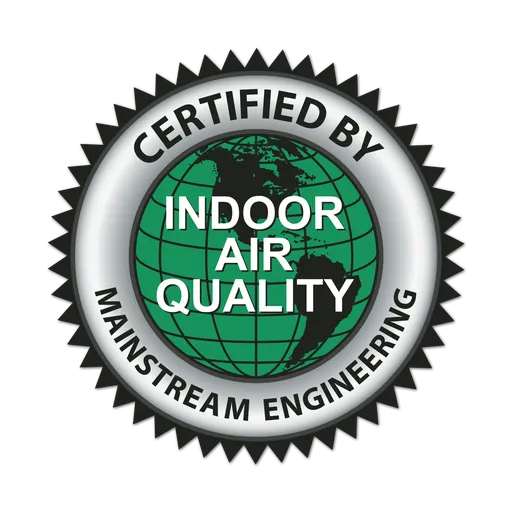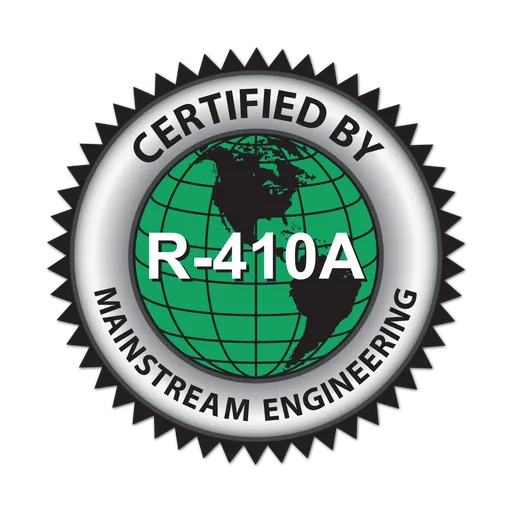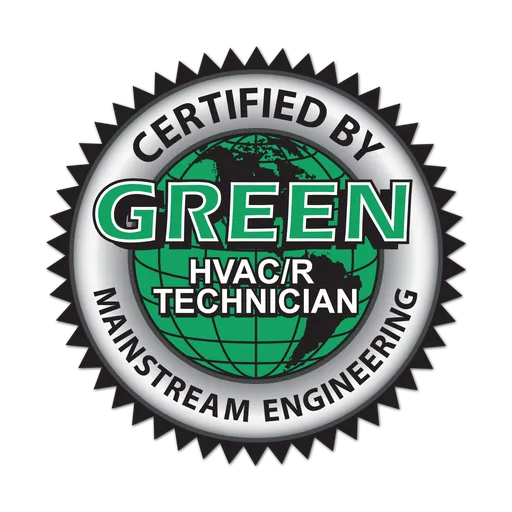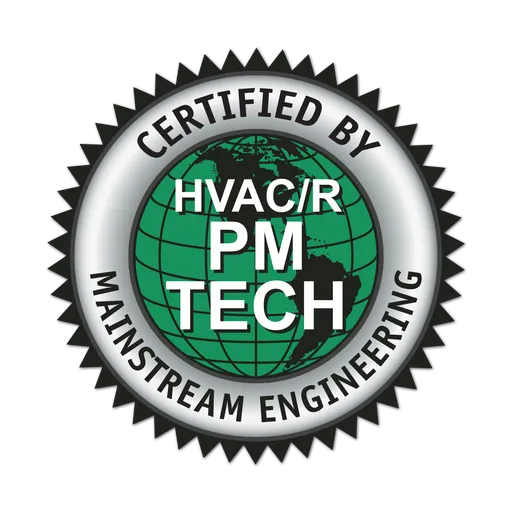Replace Batteries In Your Thermostats
Wall thermostats typically use AA or AAA alkaline batteries or 3V button-style lithium batteries. The battery of the thermostat keeps your programming saved and prevents your heating and cooling control system from turning off when the power goes out. Change your wall thermostat batteries once a year, or when the low battery indicator appears on the digital display.
Change Air Filters
Besides improving the energy efficiency of your HVAC system and saving you money on energy bills, there are other benefits to maintaining a clean air filter. When filters are dirty, your HVAC system has to work harder to do its job. This can shorten the life of your equipment, resulting in costly repairs or full replacement sooner. Dirty filters will also reduce the air quality in your home. As allergens pass through the dirty filter, they are dispersed through your home aggravating the symptoms of those with allergies.
Clear Area Around A/C Condensers
If you use a winter cover, be sure to remove before turning your system on for the first time. Remove debris and cut back shrubs or bushes leaning on or over the condensers to avoid affecting the performance of your system. There should be at least 2 feet around each condenser so they may be serviced and for the units to function properly.
Schedule An A/C Spring Check
Schedule and HVAC technician to test the system, replace air filters, clean out the condenser fans, test operational pressures, temperature and humidity readings, and check the refrigerant levels. Preparing your system for the heat of summer will help extend the life of your equipment, avoid emergency service calls, and save on electric bills.
